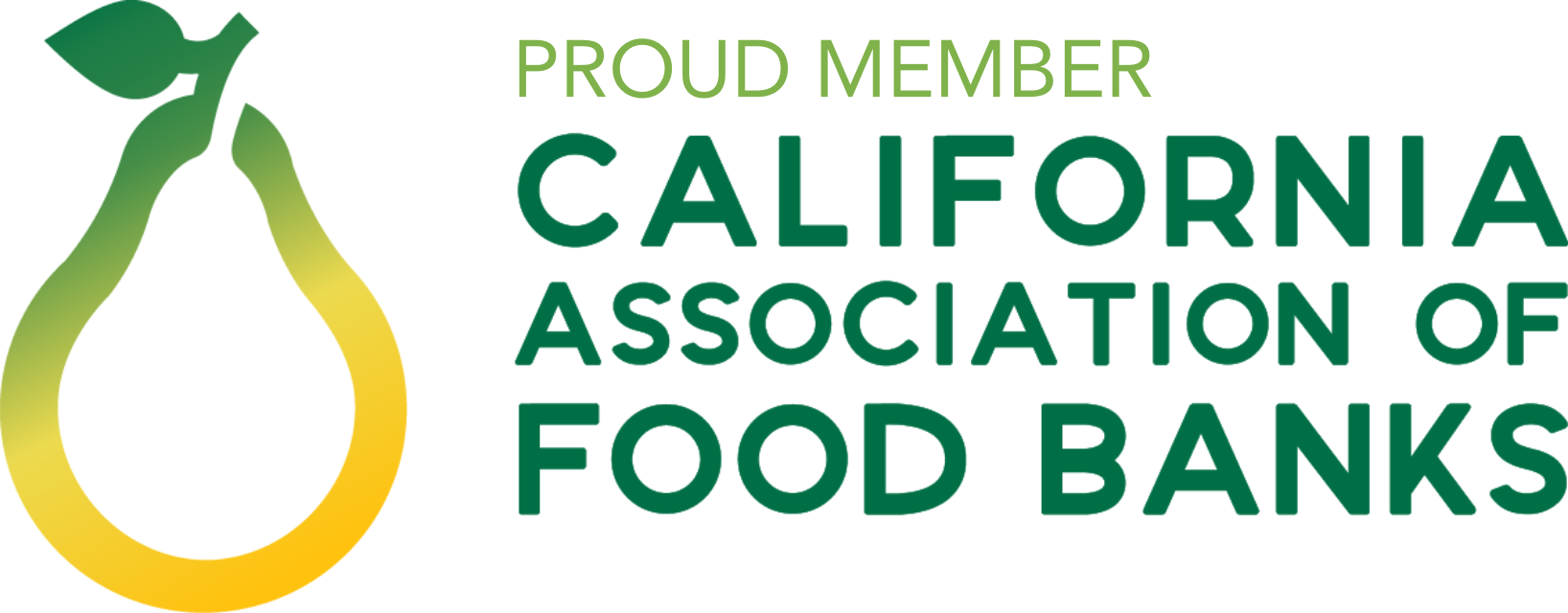Food assistance needed without fear
As part of the response plan for Hurricane Harvey, the U.S. Immigration and Customs Enforcement Department (ICE) and U.S. Customs and Border Protection (CBP) published a joint press release encouraging community members to seek emergency assistance without the fear of immigration action. The statement clarified that, “routine non-criminal immigration enforcement operations will not be conducted at evacuation sites, or assistance centers such as shelters or food banks.”
Assurances like this are essential to calm fears and maintain access to critical services.
Unfortunately, confusion and fear around the issue of immigration have caused some local families to feel that it is no longer safe to use needed services available in our community.
The Food Bank of Contra Costa and Solano believes the Department of Homeland Security can prevent unnecessary hunger by expanding the scope of this commitment. We urge them to issue guidance that includes food distribution sites on the list of sensitive locations protected from routine immigration enforcement actions. Everyone should feel safe receiving nutrition assistance, not just those impacted by Hurricane Harvey.
The Department of Homeland Security established that its emergency response priorities are “to promote life-saving and life-sustaining activities,” but not all emergencies are caused by natural disasters. Food banks across the country provide life-saving and life-sustaining services every single day for families coping with personal emergencies, like a sudden illness or the loss of a job.
The Food Bank and our partner agencies provide food to anyone in need. As a private nonprofit, we do not ask and are not required to report the legal status of anyone we serve. However widespread worries and misconceptions about new immigration policies have led some families to avoid our services.
The number of clients at Food Bank distributions has decreased since November, with the sharpest decline in January. Caitlin Sly, Program Director at the Food Bank, explains that, “immigration fears undoubtedly play a role in the drop we’re seeing at distributions and in applications for federal nutrition assistance. People are afraid to seek out the help they need.”
We recently met a woman at a distribution in Fairfield who was picking up food for herself and another family. She explained that her neighbors stopped coming to that site because of their immigration status; the parents were afraid and barely left their home at all. Worried that her neighbor’s children were going without food, she offered to bring home an extra bag for them. Not everyone is lucky enough to have such concerned neighbors.
Another woman in Concord shared with our staff that she decided to homeschool her 18 year-old son during his senior year of high school. Although he had protected status under the DREAM Act at that time, his mother was afraid that going to public school in this political climate was too risky. She said she would rather her son miss out on the free lunches he got at school than risk deportation.
The Food Bank encourages all public leaders, from local city council members to the Director of Homeland Security, to help fight hunger. We urge them to address barriers to food access created by the climate of fear and uncertainty. Everyone deserves the reassurance that the victims of Hurricane Harvey have received – that there will be no repercussions for seeking out food assistance.
No one should be hungry, especially when resources like the Food Bank are available.



